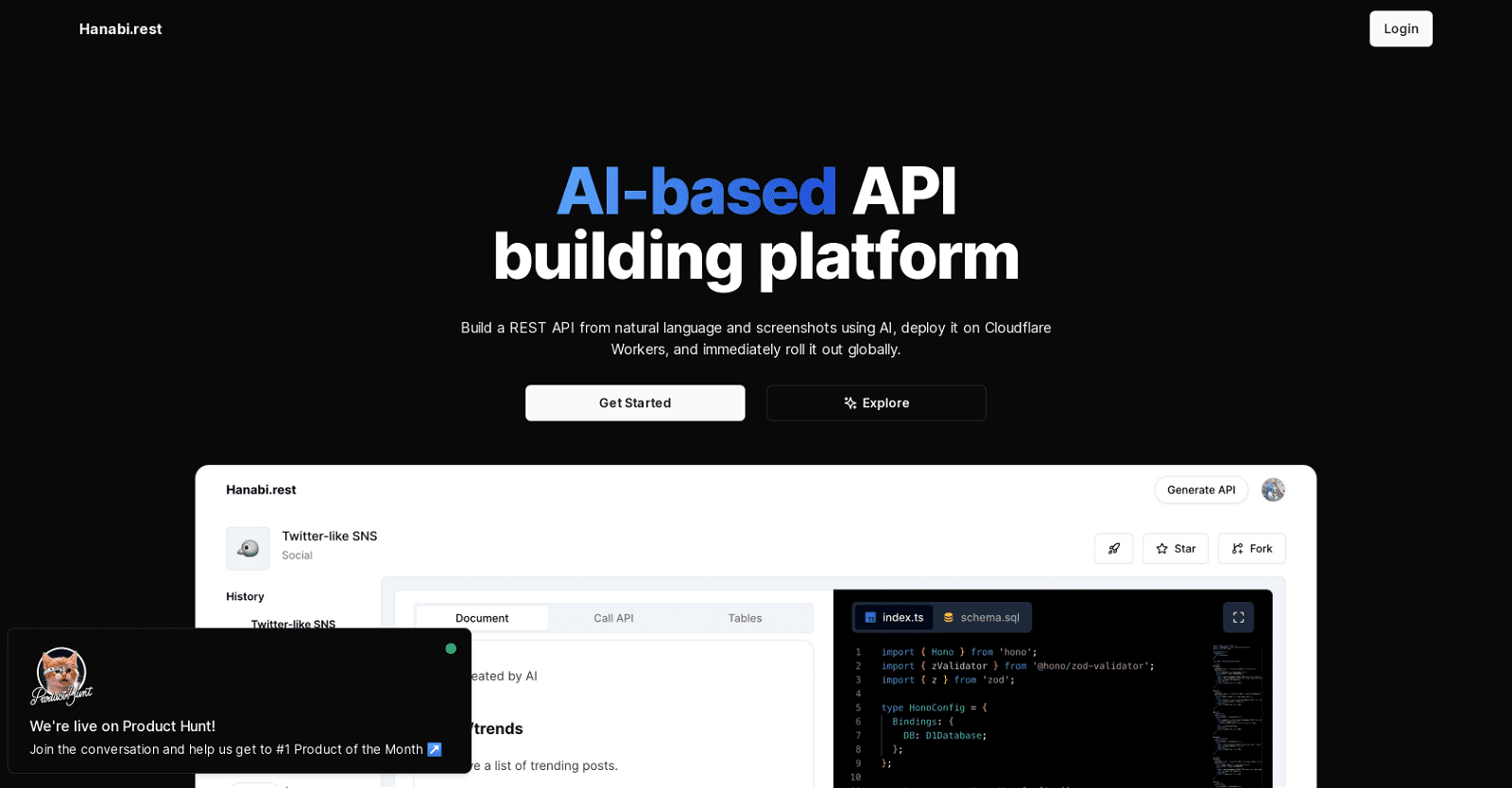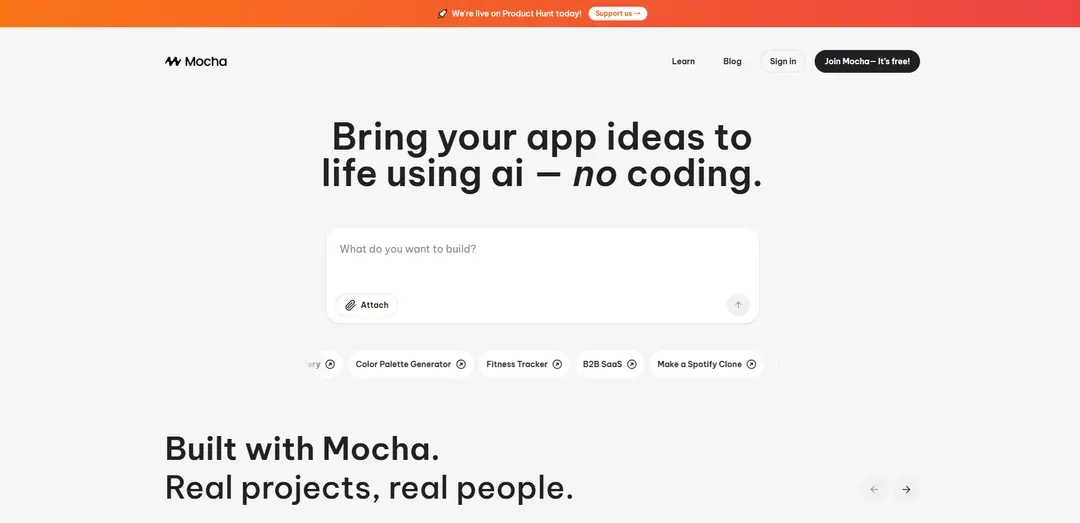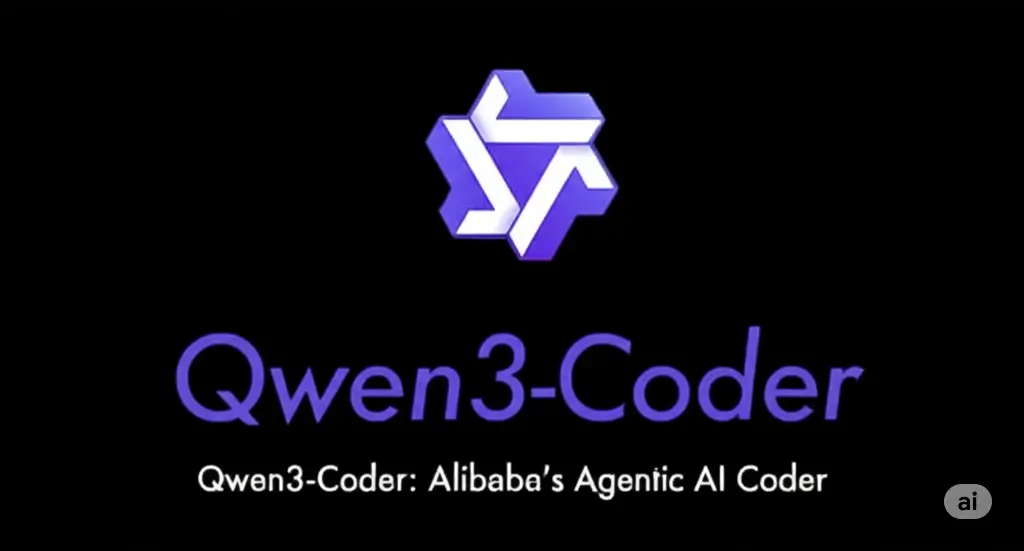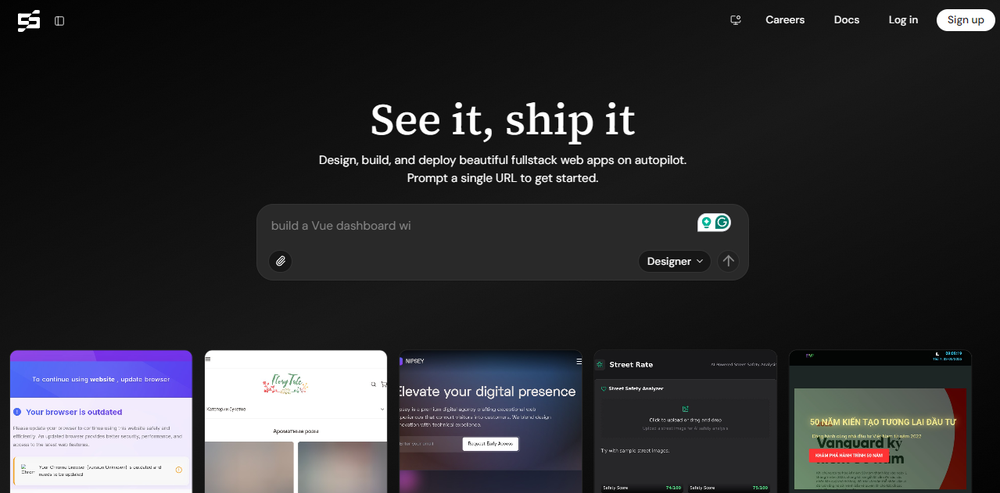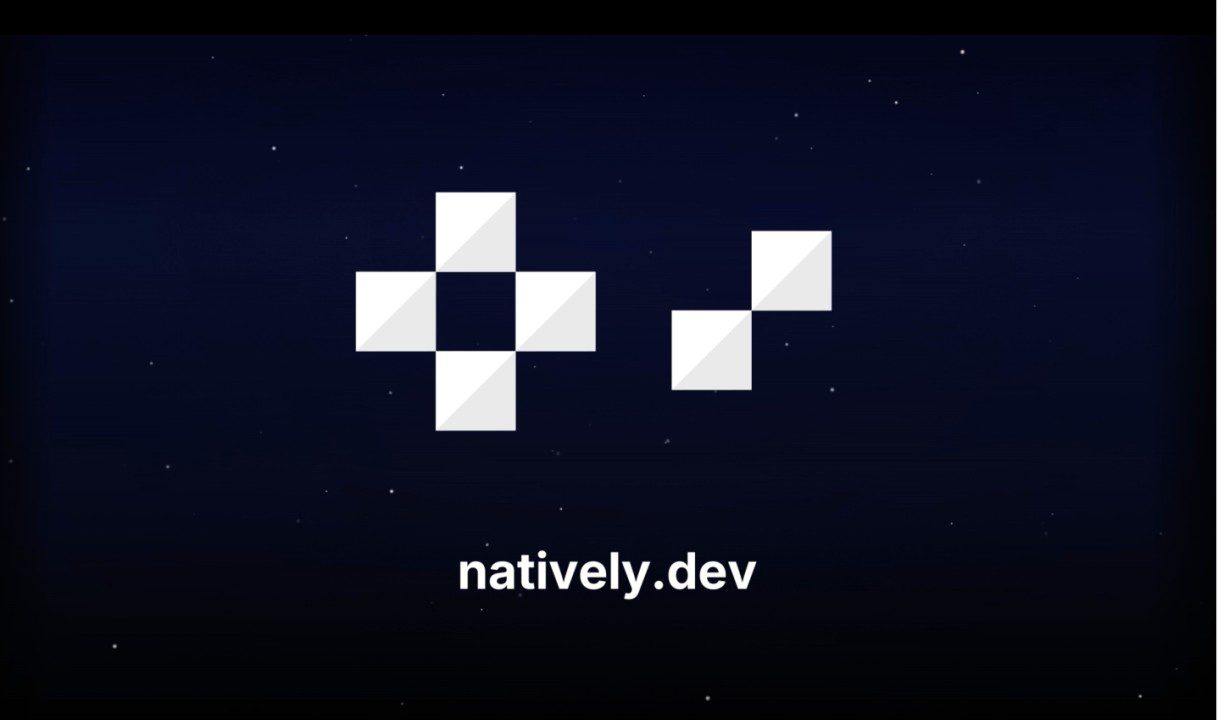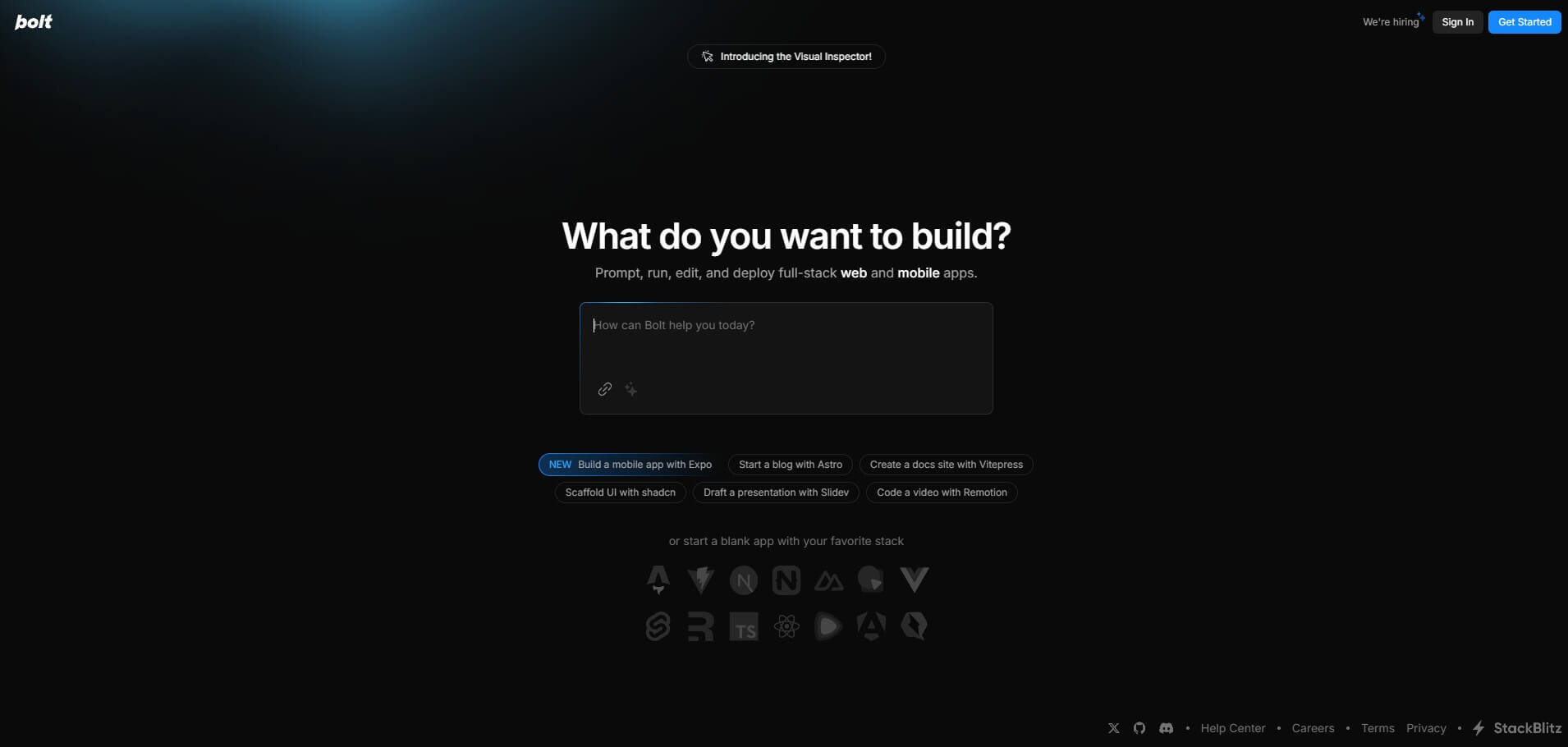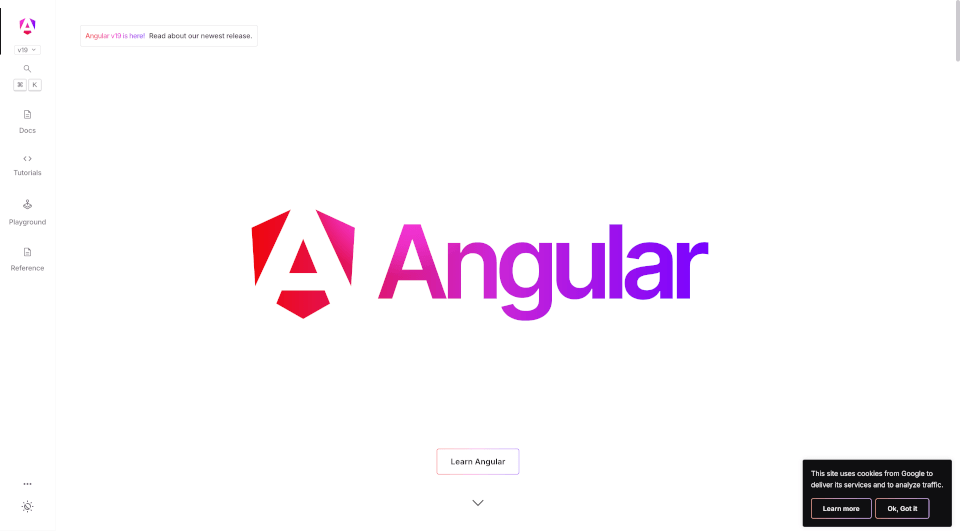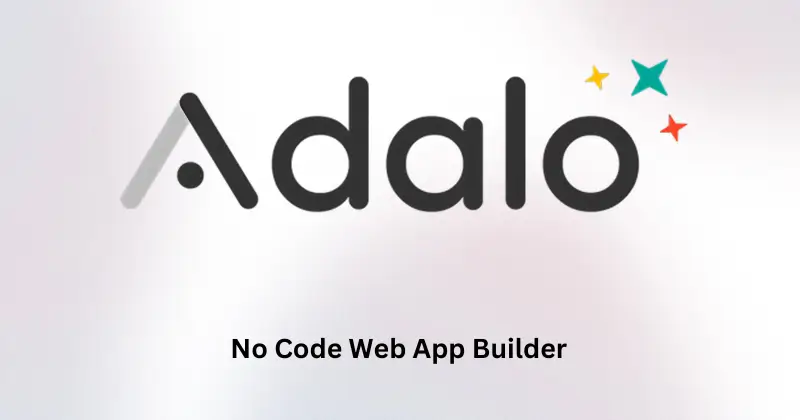Hanabi.rest offers an innovative approach to building REST APIs using natural language and screenshots, powered by AI. With this platform, users can deploy their APIs on Cloudflare Workers, making them instantly accessible globally.
The tool supports the creation of multi-runtime APIs that adhere to web standards and are compatible with various runtime environments, including Cloudflare, Fastly, Deno, Bun, Lagon, AWS, and Node.js.
Key features of Hanabi.rest include a live API editor, allowing users to test database access and API endpoints securely within a sandboxed environment. Additionally, APIs can be easily shared and forked through a URL.
Users can export APIs for local use via the Command Line Interface (CLI), streamlining the setup process for further development and deployment. Hanabi.rest’s APIs are built on components created by v0.dev and can be deployed to Cloudflare Workers with minimal effort.
Moreover, the platform supports an npm package that can be imported into an Edge environment, with automatic downloading of type definitions. This feature enhances the efficiency of API development and integration processes.
More details about Hanabi.rest
How can I export APIs locally using Hanabi.rest?
You can export APIs locally using Hanabi.rest through its Command Line Interface (CLI). This streamlined process allows for immediate project setup, facilitating further development and deployment.
Does Hanabi.rest support npm packages?
Yes, Hanabi.rest supports npm packages. These packages can be imported into an Edge environment, with automatic downloading of type definitions, enhancing the efficiency of API development and integration processes.
What is Hanabi.rest?
Hanabi.rest is an AI-powered platform designed for building REST APIs using natural language and screenshots. It simplifies the API development process by enabling users to create APIs based on their provided natural language and screenshots.
What types of APIs can I build with Hanabi.rest?
With Hanabi.rest, you can build REST APIs. These APIs are generated with assistance from the platform’s AI capabilities, allowing you to create APIs tailored to your specific requirements using natural language and screenshots.
